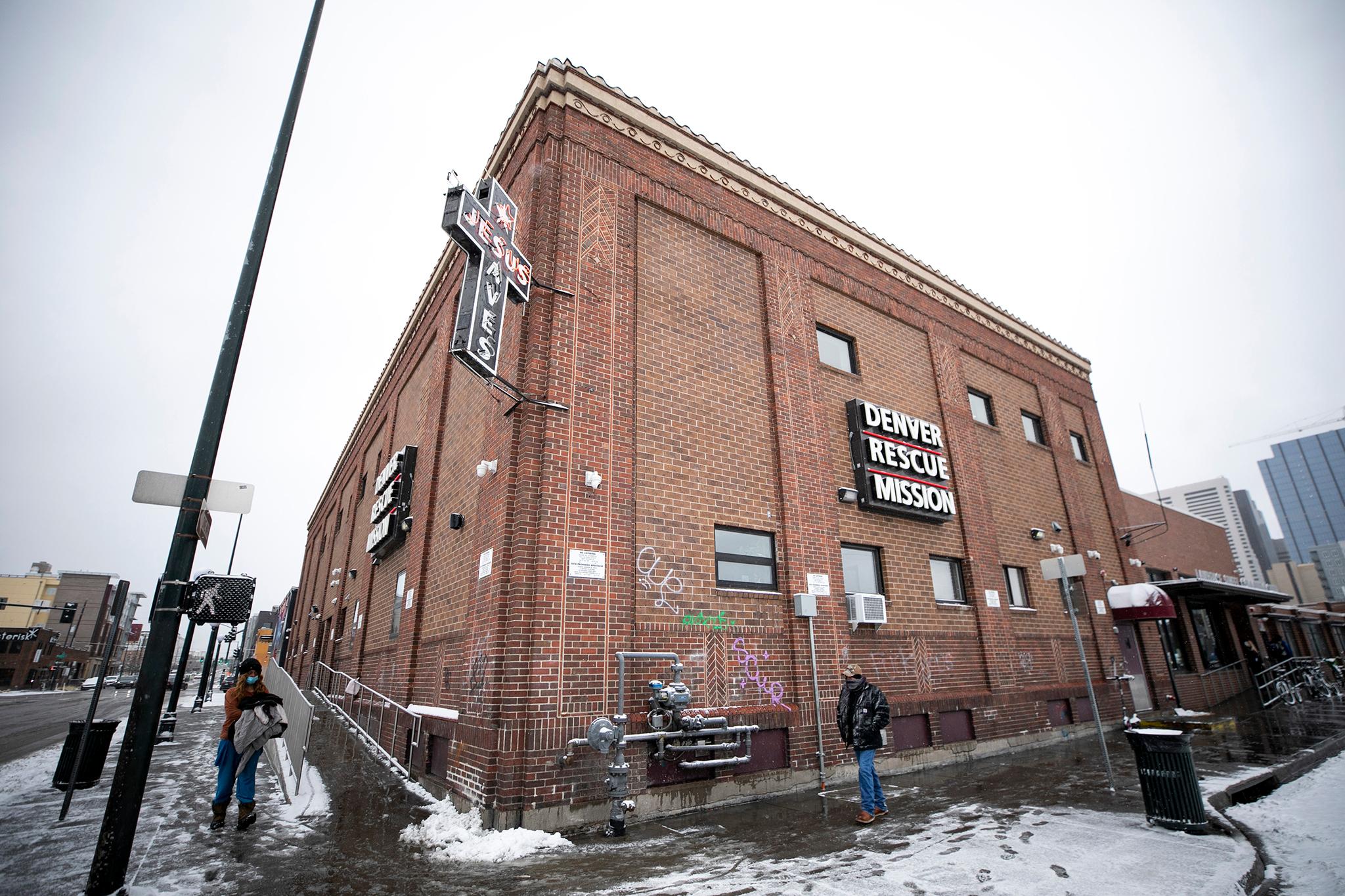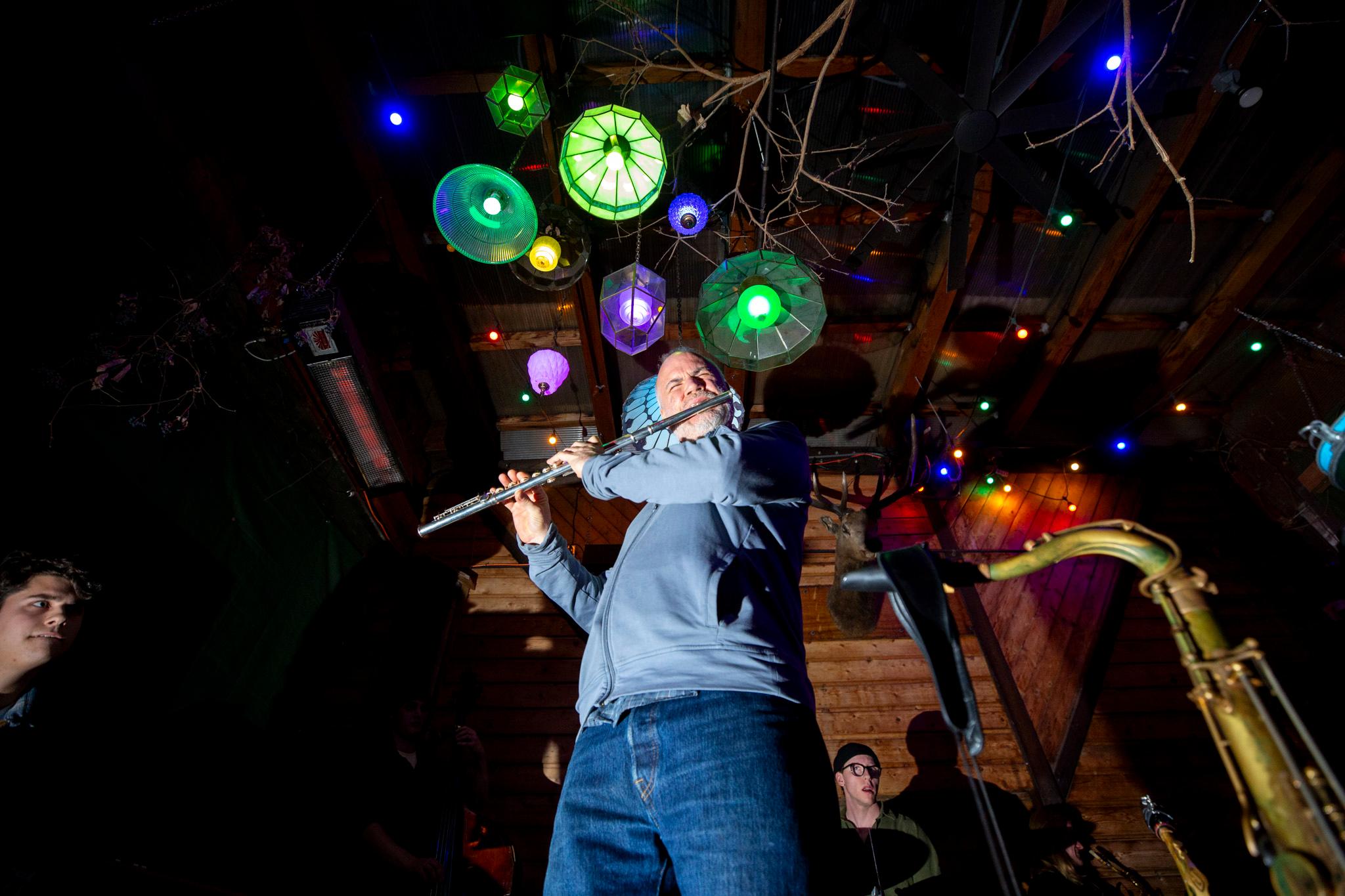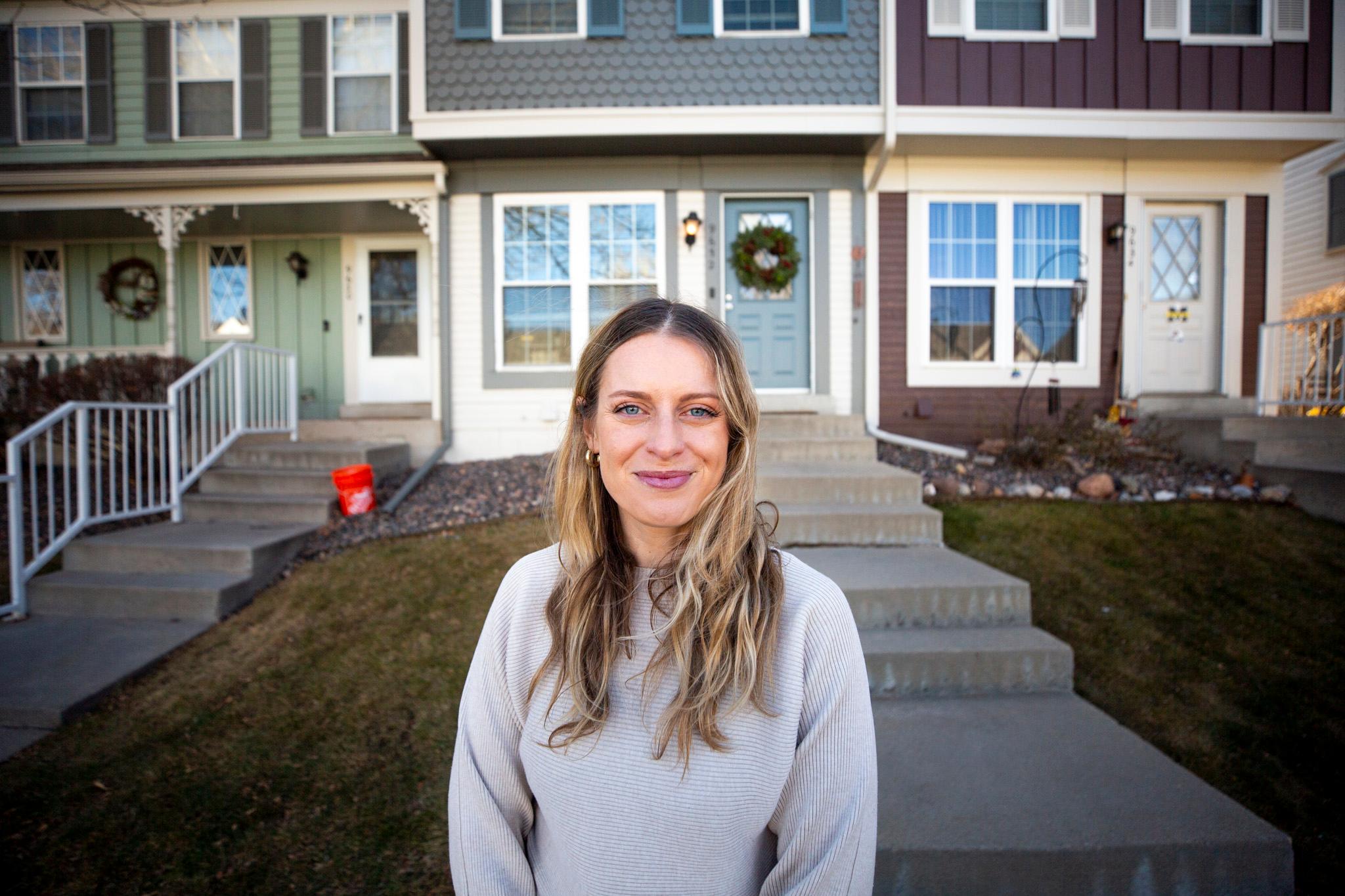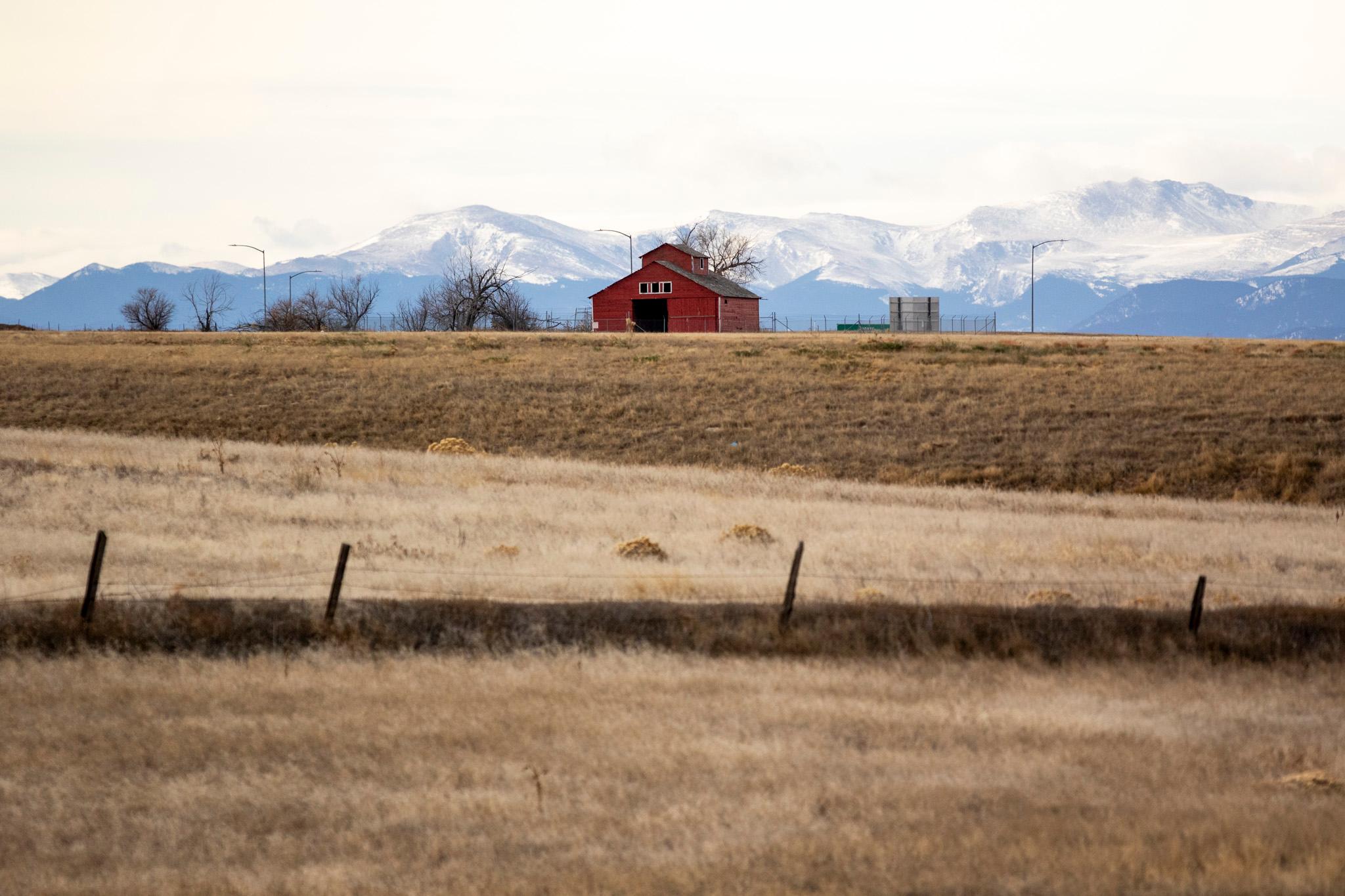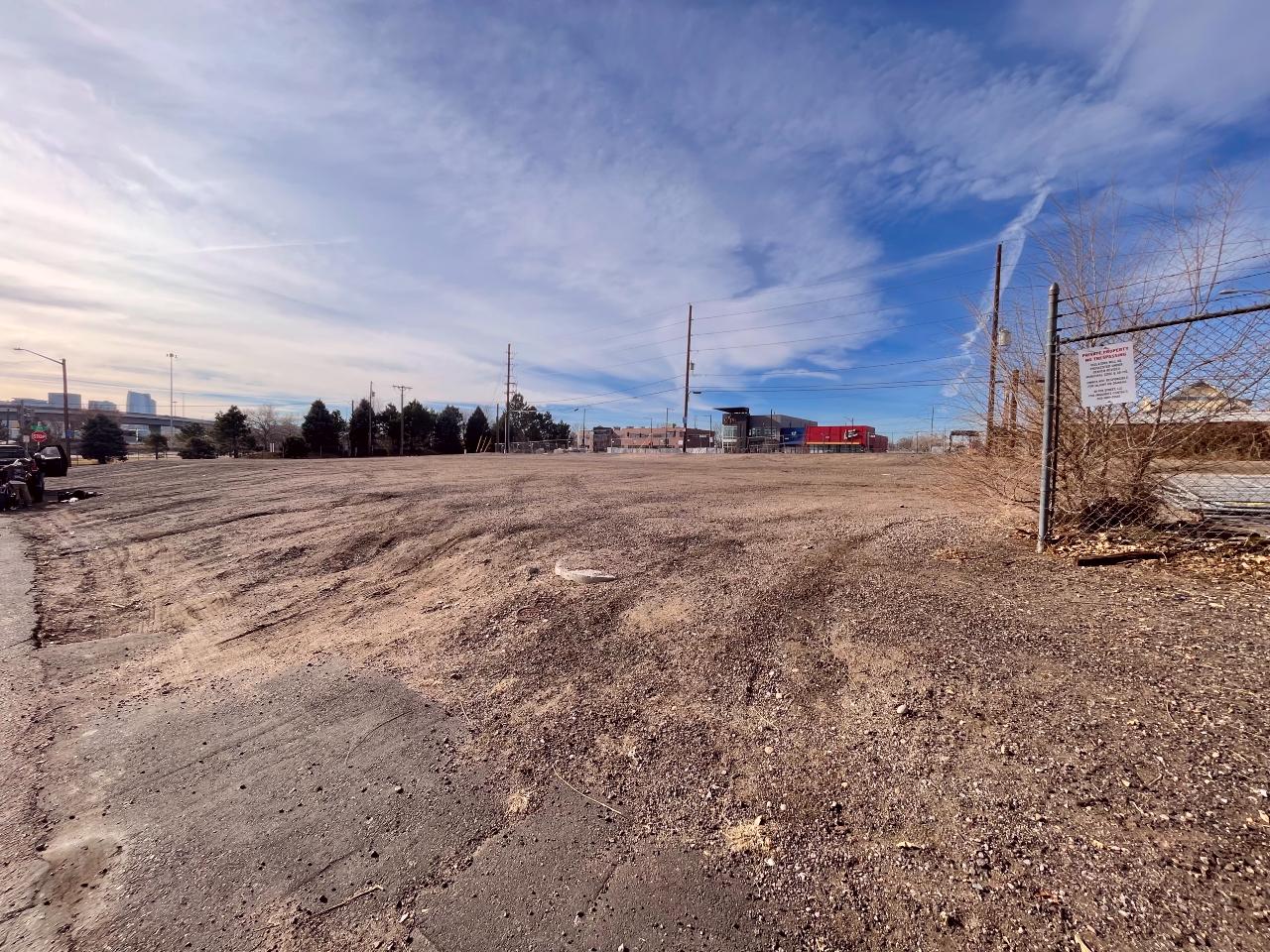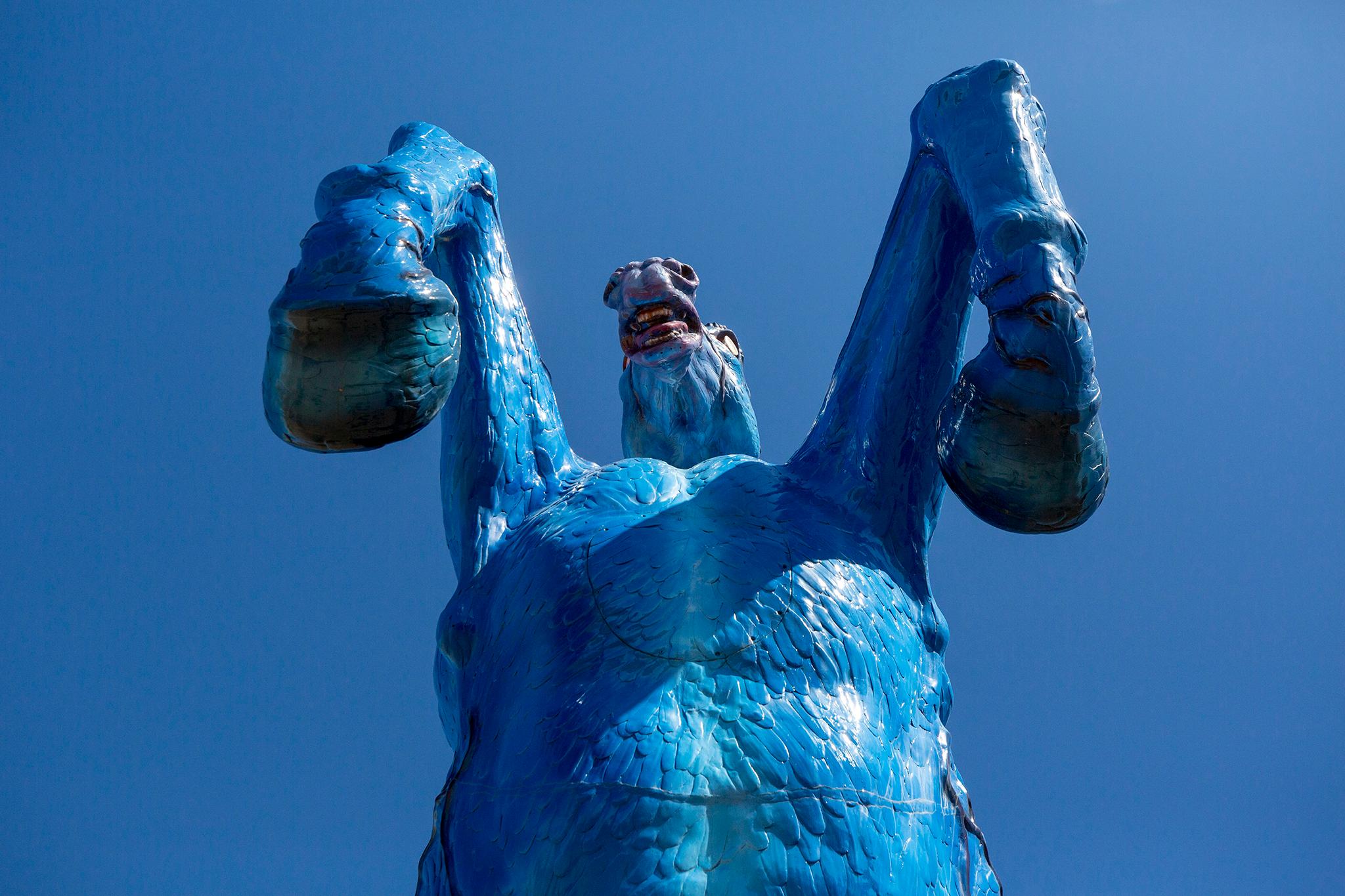The city of Denver just marched into one of its most privileged neighborhoods and told people to clean up after themselves. It worked, and I loved it.
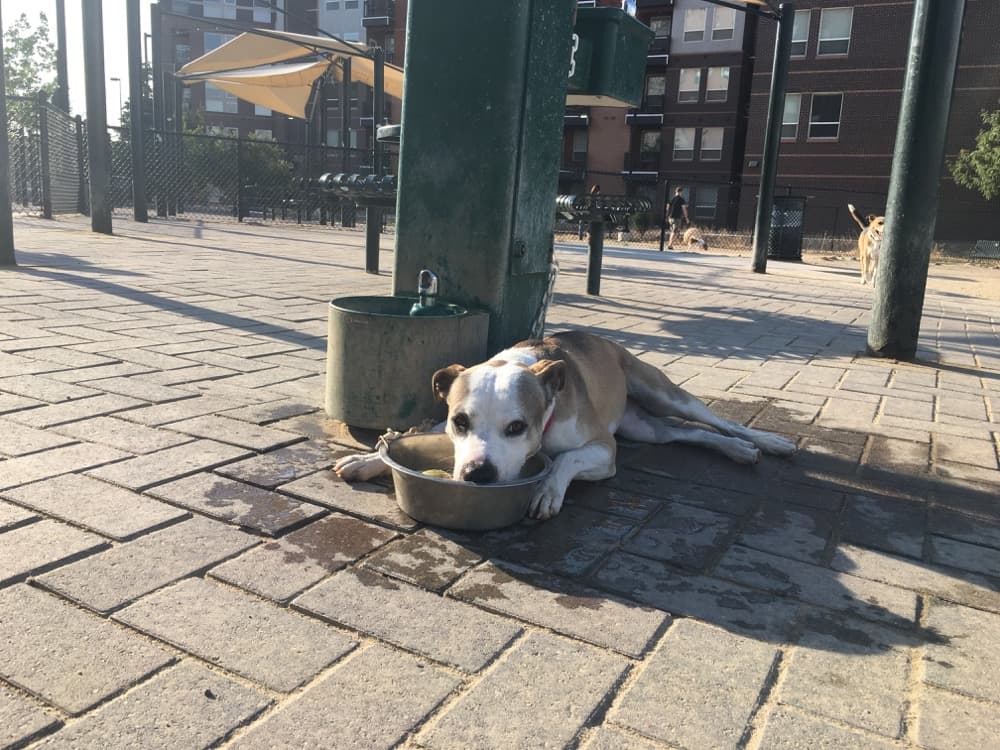
The city had been warning about this for months.
A sign posted at the front gate of Railyard Dog Park, near Union Station, said for months that the park would be shut down if its users didn't clean it up.
It was definitely a problem, too. Maybe you thought that we millennial transplants spent all our time doing high-tech things and enjoying crafts. Wrong. A few of us also like to leave used mattresses in random places around our apartment buildings, and we love yelling in public spaces, and staring at our phones while our dogs do doo-doo.
Why? Maybe people feel entitled because we're all paying way too much money to live here or maybe it's hard to create community norms when most people leave after a year.
Regardless, nobody believed the city would really follow through on its threat.
So, I got a wee bit mad when they posted a big CLOSED sign on my dog park.
My first thought was that this was a public park, and the city should therefore deal with its problems. My dog is a weirdo who refuses to poop in such a public space. Not my poop, not my problem.
Also, I was thinking about the fact that the city recently closed another one of our parks for months, partly to drive young homeless people off Stoner Hill. That didn't really accomplish anything other than denying everyone access to the park.
Yet this one worked out differently.
Someone wiser and more helpful than me decided to do something about it. A crew of volunteers cleaned the place, and it was reopened within a couple days.
Important question: Why did this work?
Well, first of all, the city was justified in doing this because dog parks are only useful to a limited bunch of people, and those people therefore should be expected to shoulder the extra burden that they create, whether it's their dog's specific poop or not.
More importantly, this was a really savvy move because the city used both the carrot and the stick. (Or the Milkbone and the spray bottle.) Sure, always-on-phone guy probably didn't get in there and clean, but I'm definitely more motivated to tell him what's what next time around.
Rather than wasting time trying to catch every rule breaker, the city gave the community a reason to deal with the problem itself.
And here's what's really interesting: The same approach works in all kinds of situations. Let's go back to Stoner Hill. While the people, the weed and the accompanying litter all returned when that fence came down, the city has keyed in on a more effective approach.
Parks rangers find the leaders of the Hill community and ask them to keep tabs on the place. You'll regularly see people chastising their friends for throwing cigarette butts on the ground. It's not perfect, but it's better than it would be otherwise.
Moral of the story: Some people will always treat public spaces like crap. It's up to the larger community in those spaces to raise expectations. And the best way to do that, as our honorable volunteers have shown, is to start doing the work yourself.

